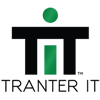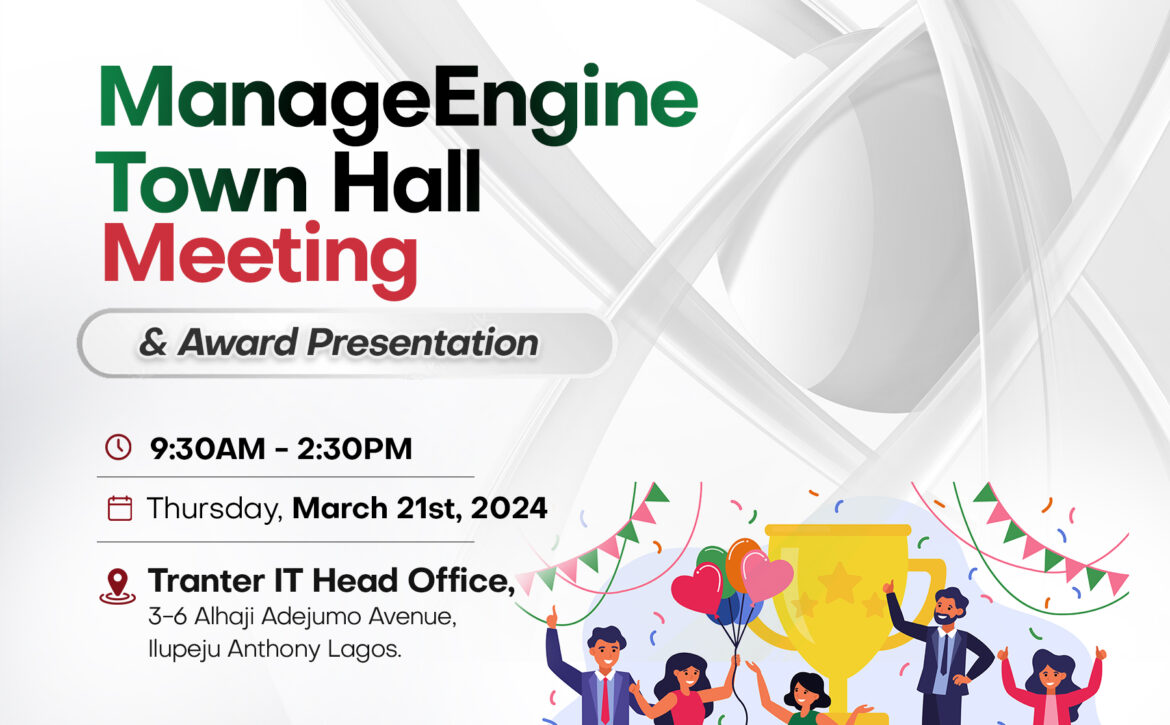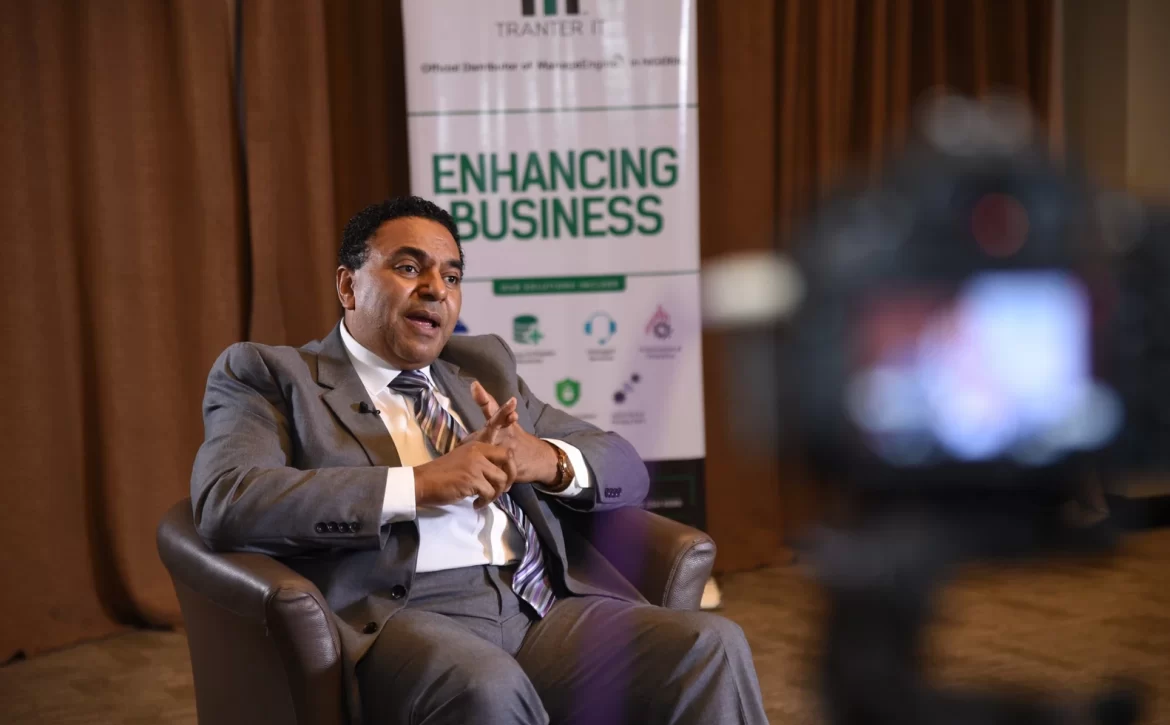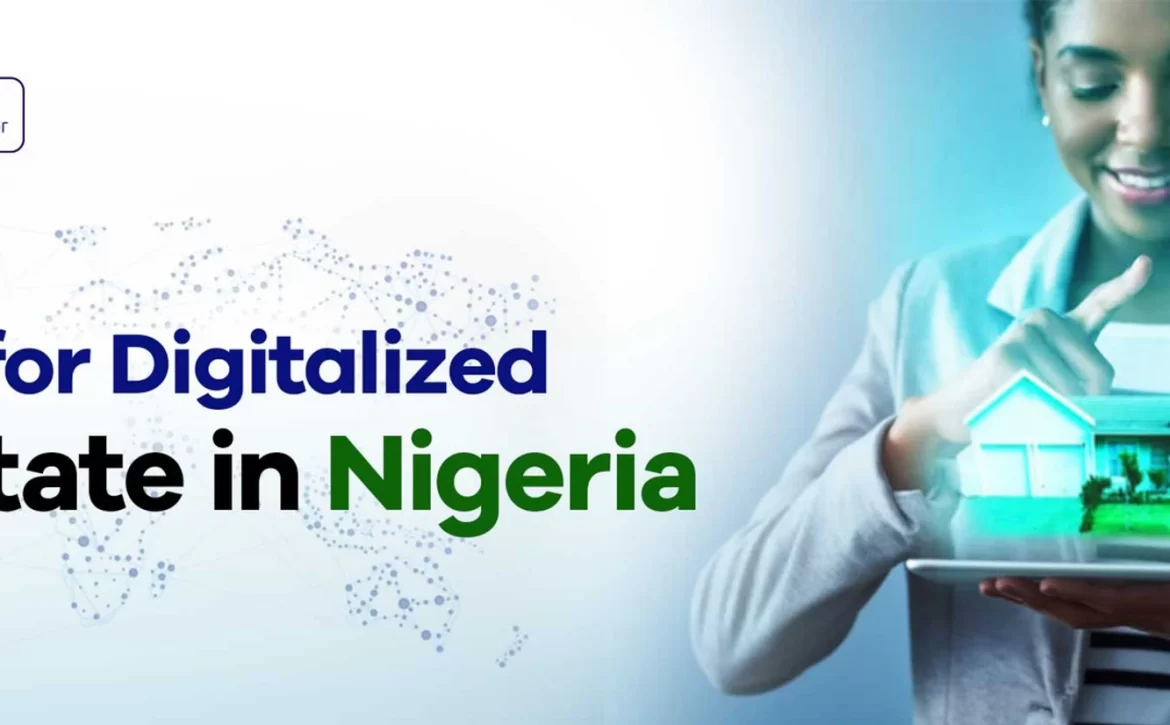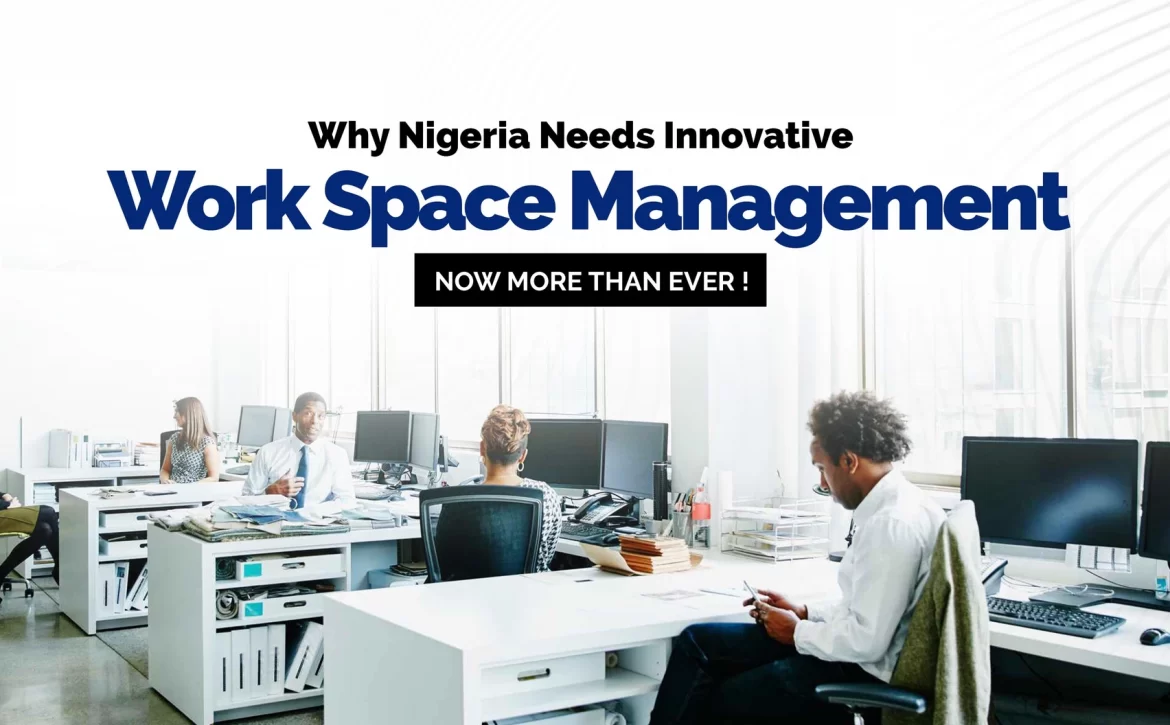Major sources & How to fix poor air quality in Nigeria.
Air Pollution is a silent slow killer we all tend to ignore. Let’s take Lagos, Nigeria as a case study. Lagos is one of the world’s fastest-growing megacities, serving as Nigeria’s economic hub. But its rapid population and economic growth have also led to pollution, unhealthy air, a high prevalence of illnesses and untimely deaths.
Bloomberg published an article titled, ‘Air Pollution Kills Far More People Than Covid Ever Will’, shocking right? The article stated that more than 10 million people die each year from air pollution, far more than the estimated 2.6 million people as of March 2021, who have died from Covid-19 since it was detected in December 2019. One would think that nothing could restrict your airflow like Covid-19, but in fact, air pollution kills far more people… slowly but surely. So you see, bad air may not kill people as quickly as poison did to King Joffrey in Game of Thrones, but its dangers are slower and far more dangerous because you don’t see it coming!
The Covid-19 pandemic has also been a global cause for concern. Researchers found out that there is a strong relationship between the quality of air and the transmission of the virus. It was discovered that exposure to hazardous air increases the death rate among Covid-19 patients by 9%! Air pollutants cause respiratory stress, thereby increasing vulnerability to the virus and death rate.
In a bid to address this, IoT Africa Networks Limited held an IoT Air quality & Space monitoring Webinar tagged “Quality Air & Covid 19: How to improve productivity and safety using IoT”. The event took place on May 19th, 2021 and had three global industry experts as keynote speakers. The speakers included Tom Lindblad, the Founder of Connected Finland; Maija Patjas, the Head of International Relations, Rapal Oy; and Melanie Ayoola, the Executive Director of IoT Africa Limited and Tranter IT Infrastructure Services Limited. The event was moderated by Wole Bamgboye, the Marketing Communications Manager, IoT Africa Limited and Tranter IT Infrastructure Services Limited.
You may be wondering; what exactly is air quality? What’s space monitoring? What’s IoT? I’m still alive, why should I care? Well, let’s delve into these.
Air Quality refers to the state of the air around us, and good air quality means clean, clear, and unpolluted air. The insightful webinar raised awareness about the importance of using the Internet of Things (IoT) to monitor air quality in the lives of Nigerians, as well as the corporate, industrial, and manufacturing sectors. The goal was to show how air quality affects health, safety, and productivity at home and in the workplace. It also emphasized the link between air quality and the spread of the infectious disease caused by the most recently discovered coronavirus.
A major talking point from the webinar was how IoT devices like the Air Quality Monitor can actually monitor and share information with you about the air you breathe in. Isn’t that just amazing? The need to have monitoring devices in homes, offices, manufacturing plants, industrial facilities, etc. is huge. The Connected Airwits CO2 is one of the best air quality monitors out there.
During the webinar, Melanie Ayoola, the Executive Director of IoT Africa Networks Limited spoke about the importance of air quality and how it affects our daily productivity. During her presentation, she highlighted how remote work and other corporate workplace perks such as bonus packages and fantastic reward schemes could be undermined by the unavailability of quality air.
Melanie noted that “It could all be less effective in providing a motivated and driven workforce, if the air, the basic natural resource we need to live, is not good enough to sustain the body’s engine”. She went on to explain that “what we are avoiding is an environment where our air is working against us”.
Tom Lindblad, Founder of Connected Finland, was also available to provide additional insights on the topic – Seeing the invisible: how connected inventions can help to monitor and provide covid-safe indoor quality air around you. He explained how Carbon Monoxide (CO2) levels rise when there is less fresh air, causing headaches, restlessness, drowsiness, and other symptoms. Increased levels have been related to decreased productivity, increased sick leave, and the spread of infectious diseases, making this a serious issue in the office, school, and at home.
The third speaker, Maija Patjas, the head of International Relations at Rapal, spoke about how optimized workspaces can create a better work environment and lead to higher efficiency levels among company staff. Maija spoke about how managing hybrid work is making it difficult to optimize space layouts. She highlighted how the way we working is changing from an individual-based system into a social, collaborative use of space, with more focus on how employees feel about the environment, and how they can use a more flexible environment to be more productive. She also explained how improved productivity and collaboration, better satisfaction, better indoor comfort, reduced real estate building, and energy savings can all be achieved when organizations integrate Smart Space Monitoring.
To watch the full video of the webinar, https://www.youtube.com/watch?v=55FFcbZyIEs
Major sources of air quality pollution in Nigeria
In Nigeria, there are so many ways we get exposed to all sorts of air pollution. For instance, we are constantly bombarded with exhaust gas from cars, buses, and trucks. This isn’t helped by the fact that many cars that ply the roads do not go through vehicular carbon emission concentration testing… no lies here! Here are some major sources in Nigeria:
Exhaust from cars, buses, and trucks.
Generator fumes.
Industrial Emissions (power plants, oil refineries, and industrial facilities).
Shisha smoking, also called narghile, water pipe, or Hubble.
Bubble smoking.
Cigarettes Smoking.
Bush burning.
Some other sources are wind-blown dust, wildfires, wood-burning.
How to fix poor air quality
Carbon Monoxide (CO), Particulate Matter, Lead, Nitrogen Oxides (NO), and Ozone, are some of the major types of pollutants that are dangerous to your health. There are various ways to help improve Air Quality in the workspace, at home and in factories. Here’s how to stay safe from them:
∙Get an IoT Air Quality Monitor: IoT Air quality monitors are a great way to keep track of air pollution levels in offices, homes, cars, and other facilities. Check out the Connected AirWits CO2 connected carbon dioxide (CO2), temperature and humidity metering device. with Air Monitoring devices (which monitor the CO2 level of rooms) and reducing emissions contributing to poor air quality, climate change, and ozone layer depletion requires a collaborative effort and long-term commitment.
∙ Open that window! Adequate ventilation is key to promoting healthy indoor air, and opening windows is an easy way to encourage a good indoor and outdoor air exchange.
∙ No Smoking: Avoid cigarette or Shisha smoking. Staying around people smoking also affects respiratory health and is responsible for about 3,000 lung cancer deaths globally per year in nonsmokers.
∙ Use Exhaust Fans: Run fans in the kitchen to remove cooking fumes and in bathrooms to remove steam.
∙ Don’t Cover Up Odors: Avoid air fresheners, scented candles, incense, and other odor-masking fragrances, which can trigger asthma.
∙ Vacuum Often: Do this especially if you have pets. Brooms stir up more dust.
∙ Change your AC filter: Air filters in Air-conditioning systems fill up and stop filtering particles from the air. Try to change your AC filters regularly.
∙ Use cooking vents: Kitchens are a major source of many indoor air pollutants. Gas stoves release carbon monoxide and nitrogen dioxide.
To be part of the required solution, society, businesses, manufacturing facilities, and government authorities need to work as a team to realize the positive outcomes of having a healthier and more sustainable environment. The IoT Air quality & Space Monitoring Webinar was another insightful event in a series of events held by IoT Africa Networks Limited (A Tranter IT Company). The organization hopes to help Nigerians in all sectors become more efficient, safe, and productive using the Internet of Things.
About IoT: IoT Africa Networks Limited is the exclusive Sigfox operator in Nigeria and we are responsible for rolling out the first IoT nationwide network in Nigeria. The IoT LPWAN (Low Power Wide Area Network), powered by IoT Africa Networks Ltd and Sigfox, is a game-changing digital technology in Nigeria.
About Tranter IT: Tranter IT Infrastructure Services Limited (Tranter IT) is an ICT and Internet of Things Solutions company that provides unified technology solutions to business problems. The company is the exclusive distributor of many IoT Connected devices in Nigeria. Tranter IT was founded in 2004 and has over 340 highly skilled employees, including about 280 ICT and IoT engineers.
About Connected Finland: Connected Finland is operating nationwide, dedicated IoT networks powered by global Sigfox-technology. Connected Finland network covers already 85% of the Finnish population and hundreds of global and local ecosystem partners are already utilizing our Low Power Wide Area technology in their IoT solutions.
About Rapal: Rapal specializes in the financial and environmental effects of the built environment. It is The company provides SaaS software for space management, space utilization, and smart office solutions. It is the company’s belief that a functioning work environment and a great workplace experience is a competitive factor that increases productivity and employee wellbeing.
For more information, please visit IoT Africa’s website https://www.iotafricanetworks.com/.
T: 07083557478, 07085801253
Email: [email protected],[email protected]
Website: www.iotafricanetworks.com, www.tranter-it.com.
